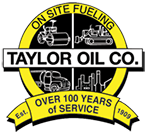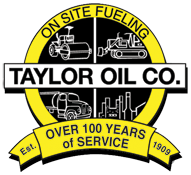Top Locations For Fuel Stations When Disaster Strikes
Top Locations For Fuel Stations When Disaster Strikes - You never know when or where a natural disaster will strike, so it’s important to be prepared in knowing where you will get fuel when you need it. At these critical times, resources become scarce yet still remain vital for local communities. Not only do vehicles and generators need fuel, construction and emergency vehicles need it as well. Oil companies can do their part to set up emergency stations to provide the necessary fuel. Location selection is one of the main factors. Here are five location suggestions for fuel stations and the benefits of each. 1. Schools Local schools can be a central hub when a major disaster hits. Schools can provide outlets for resources such as food and bottled water. They’re ideal because they’re usually located in central spots around town and have plenty of parking for people who need emergency fuel. Fuel trucks can also use driveways and people can use the loops to fill up on gas and ensure the smooth flow of traffic. 2. Malls Shopping mall parking lots are great because they’re easy to control traffic and long lines of cars. The mall building can [...]


